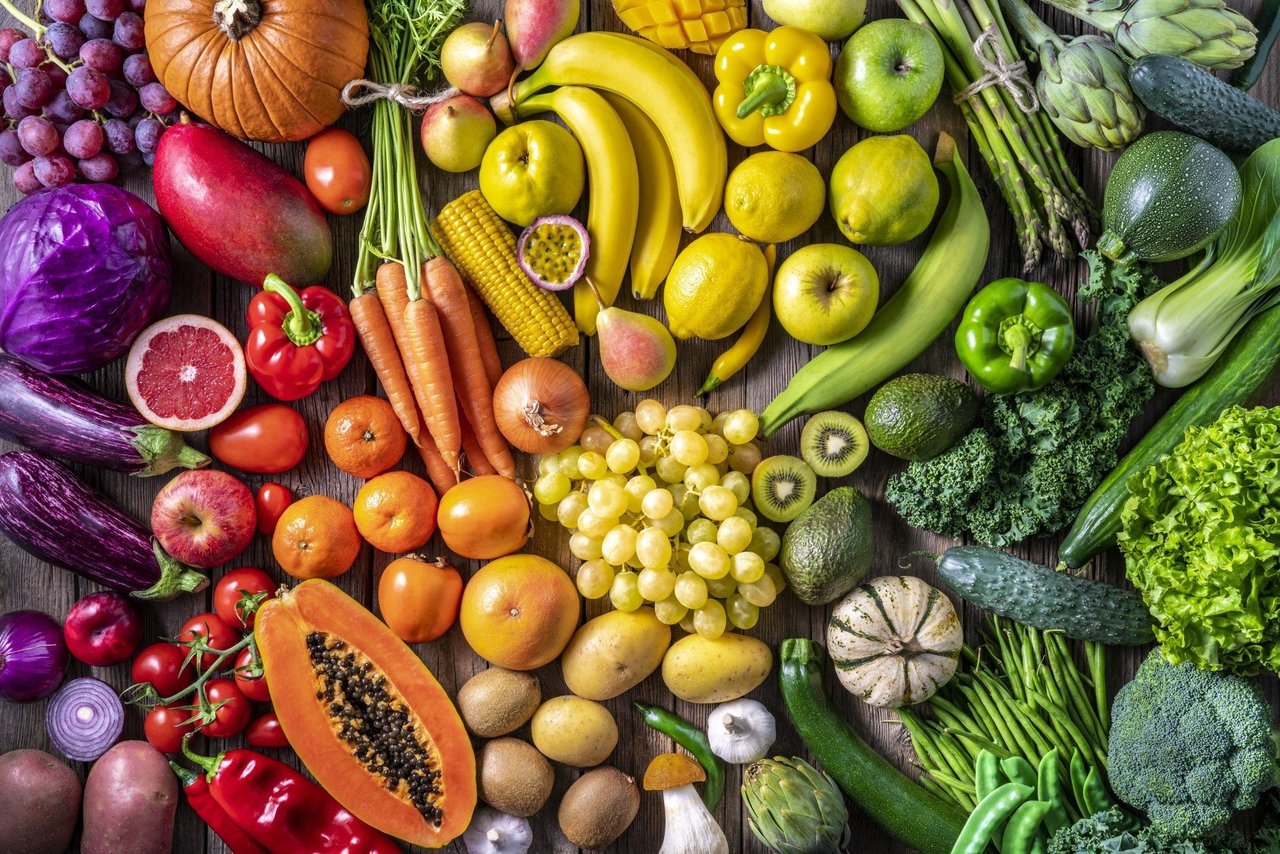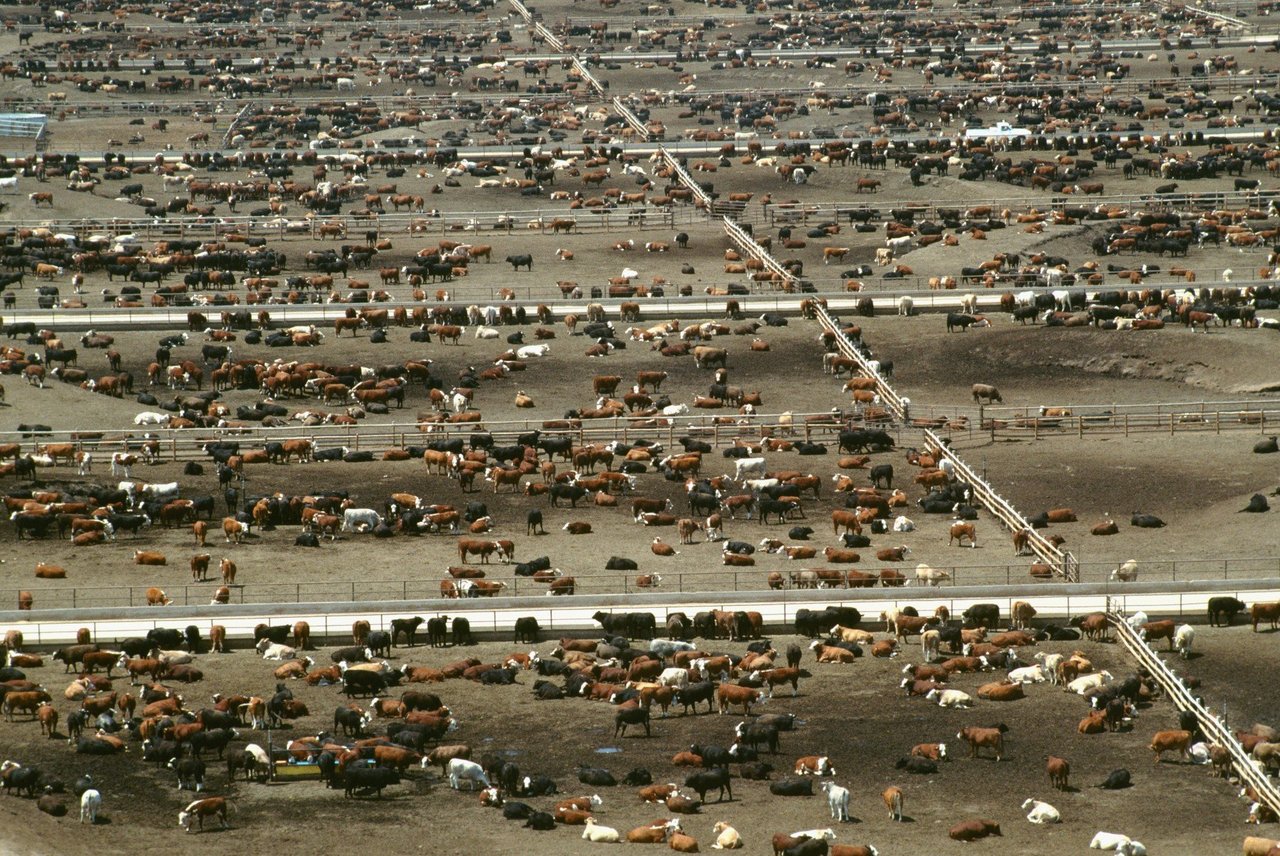
Read what we are hoping to see at the 2022 United Nations Climate Change Conference.
In November, it’s likely most of us in the US will be paying close attention to contentious mid-term election races and initiatives, while maybe even starting to plan our plant-based Thanksgiving dishes. Our global colleagues, though, will be heading to Egypt those first weeks of November to advocate for animals at a pivotal global climate conference.
COP27 (a very much appreciated shortened title for the 27th Conference of the Parties of the United Nations Framework Convention on Climate Change (UNFCCC)) will bring together government representatives, scientists, advocates, and businesses to continue discussing the best strategies for mitigating climate change and keeping global temperature increases below the 1.5° Celsius mark set out in the Paris Agreement.
World Animal Protection will be attending the conference to advocate for prioritizing animal welfare in climate efforts and holding factory farming accountable for its emissions and impacts. Here are just a few components we hope to put on the climate agenda at the conference and beyond.
Plant-rich diets are integral to protecting our climate
If it wasn’t clear before, the UN Intergovernmental Panel on Climate Change’s report from earlier this year said it conclusively: “Diets high in plant protein and low in meat and dairy are associated with lower GHG emissions.” And yet, COP27 will be the first time that food systems will have such a prominent focus in these conferences. And it’s still not enough. In fact, the conference itself is not taking any measures to ensure the food served is climate-friendly, despite calls from us and other advocacy groups to make the menus predominantly plant-based. Our “Food4Climate” pavilion and side event will continue to push for prioritizing plant-focused food systems for the health of people, animals, and the planet.
Factory farming cannot get a pass
Amid the many laudable actions to lower carbon emissions and hold industries accountable over the past few decades, meat and dairy companies have been notably absent from global and national climate plans. But factory farmed meat and dairy are significant climate culprits and sources of greenhouse gases (GHGs). Recent research for World Animal Protection demonstrated how the factory farming of chickens and pigs in just four countries with high production (US, Brazil, China, The Netherlands) accounts for 531 million tons of GHG emissions each year. At COP27 we will work to make sure factory farming is held accountable and advocate for countries to stop further expansion of the industry by setting a ten-year freeze on new construction. This will enable governments to prioritize expanding sustainable proteins instead and give sufficient time to demonstrate improved food security and nutrition in support of taking the next step of reducing factory farms worldwide.
True solutions prioritize animal welfare
Many businesses and governments setting climate goals are too narrowly focused on the next high-tech idea that could capture or lower emissions. However, these tech-based solutions often keep harmful structures and institutions in place and fail to create the transformational change we need. Technology that captures methane, for example, actually incentivizes expanding factory farms, leading to more animals suffering in this cruel system and greater emissions of the many other pollutants that factory farms release. Our participation at COP27 will help ensure that animal welfare is a central part of developing solutions.
Stay tuned for any updates on our team’s activities in Egypt. To learn more about how factory farming impacts the climate, and what you can do about it, check out our New York City climate week page.

